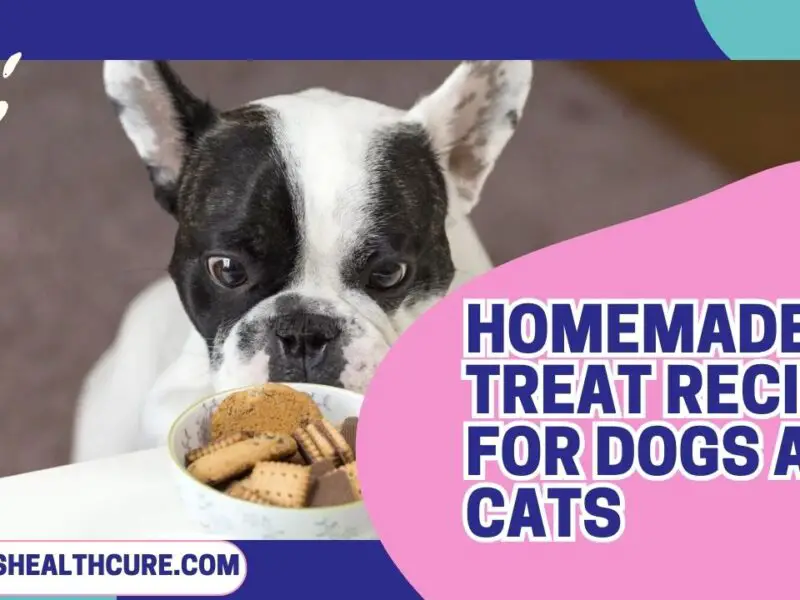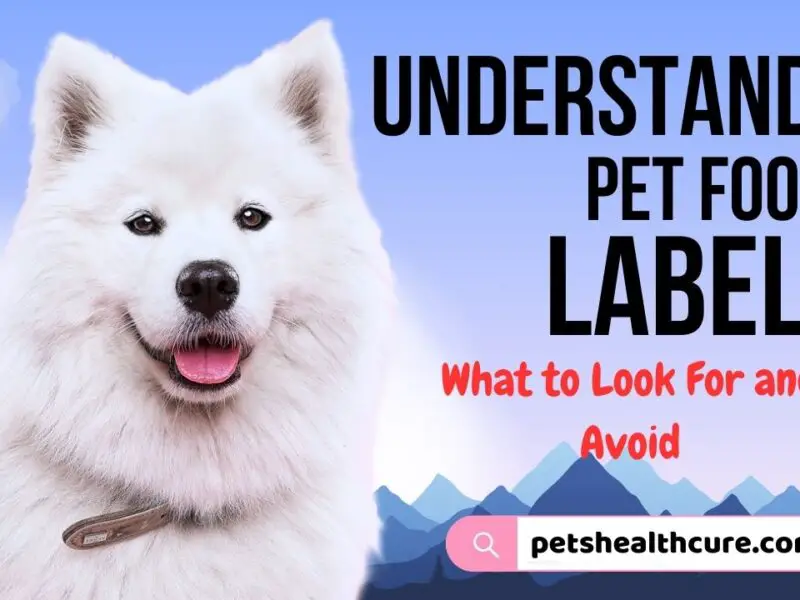Introduction
Ensuring that your pet receives adequate nutrition is essential for their overall health and well-being. Many pet owners may not realize that their furry friends can suffer from nutritional deficiencies, which can lead to severe health complications. Identifying these deficiencies early can help prevent chronic issues and ensure your pet lives a long, healthy life. So let’s start and know How to Spot Nutritional Deficiencies in Your Pet
Common Signs of Nutritional Deficiencies in Pets
1. Dull or Brittle Coat
A pet’s coat is one of the most visible indicators of its overall health. A lack of essential fatty acids, proteins, or vitamins can cause the coat to become dull, dry, and brittle. If your pet is shedding excessively or has dry, flaky skin, they may be lacking omega-3 and omega-6 fatty acids.
2. Weight Loss or Obesity
Nutritional imbalances can lead to sudden weight loss or obesity. If your pet is not receiving the right amount of proteins, fats, and carbohydrates, they may either lose weight drastically or gain unhealthy amounts of fat. Consulting a veterinarian for a proper diet plan is crucial in such cases.
3. Lethargy and Weakness
A pet that lacks energy or seems lethargic might not be getting enough vitamins and minerals such as B vitamins, iron, or magnesium. These nutrients play a vital role in maintaining energy levels and muscle function.
4. Frequent Digestive Issues
Chronic vomiting, diarrhea, or constipation can be signs of a poor diet. Deficiencies in fiber, probiotics, and essential nutrients can disrupt your pet’s digestive system. Ensuring a balanced diet with sufficient fiber can help maintain gut health.
5. Weak Bones and Joints
Pets deficient in calcium, phosphorus, and vitamin D are at risk of developing weak bones, fractures, and joint pain. Puppies and kittens need adequate amounts of these nutrients for proper bone growth and development.
6. Poor Dental Health
Bleeding gums, bad breath, and weak teeth are often signs of nutritional deficiencies in pets. A lack of calcium, phosphorus, and vitamin C can contribute to dental diseases.
7. Vision Problems
Vitamin A is crucial for eye health in pets. A deficiency in this vitamin can lead to vision problems, night blindness, and even corneal ulcers.
8. Skin Issues and Allergies
Pets suffering from skin allergies, infections, or excessive itching might have deficiencies in zinc, omega-3 fatty acids, and vitamins A and E. These nutrients help maintain a healthy skin barrier and immune function.
9. Poor Immune System
Frequent illnesses or slow wound healing can indicate a weakened immune system due to a lack of vitamins C, E, and zinc. A strong immune system helps pets fight off infections and stay healthy.
10. Behavioral Changes
A pet with nutritional deficiencies may exhibit unusual behaviors, such as anxiety, aggression, or depression. A lack of essential nutrients like B vitamins, magnesium, and amino acids can impact brain function and mood.
Causes of Nutritional Deficiencies in Pets
1. Poor-Quality Diet
Feeding your pet low-quality commercial pet food that lacks essential nutrients can lead to deficiencies. Always opt for high-quality, well-balanced pet food.
2. Homemade Diets Without Proper Supplementation
While homemade pet diets can be beneficial, they must include the right mix of proteins, vitamins, and minerals. Consulting a veterinarian is essential to ensure nutritional balance.
3. Medical Conditions
Certain health issues, such as malabsorption disorders, kidney disease, or diabetes, can affect how your pet absorbs nutrients from their food.
4. Picky Eating Habits
Some pets refuse to eat specific foods, which may lead to deficiencies. Ensuring they have a varied diet rich in essential nutrients is crucial.
How to Prevent Nutritional Deficiencies in Pets
1. Provide a Balanced Diet
Choose high-quality pet food that meets all your pet’s nutritional requirements. Look for foods rich in proteins, healthy fats, vitamins, and minerals.
2. Incorporate Fresh Foods
Adding fresh ingredients like lean meats, vegetables, and healthy grains can enhance your pet’s diet and provide additional nutrients.
3. Supplement When Necessary
If your pet has specific deficiencies, supplements like omega-3 fatty acids, multivitamins, or probiotics may be beneficial. Always consult a veterinarian before introducing supplements.
4. Regular Vet Checkups
Routine veterinary checkups can help identify nutritional deficiencies early and provide proper dietary recommendations.
5. Monitor Weight and Behavior
Keep an eye on your pet’s weight, coat condition, and behavior to spot early signs of deficiencies.
6. Ensure Hydration
Adequate water intake is crucial for nutrient absorption and overall health. Always provide fresh, clean water for your pet.
Frequently Asked Questions (FAQs)
1. What is the most common nutritional deficiency in pets?
The most common deficiencies in pets include omega-3 fatty acids, vitamin D, calcium, and B vitamins. These are crucial for overall health and well-being.
2. Can a poor diet cause behavioral problems in pets?
Yes, nutritional deficiencies can lead to anxiety, aggression, and lethargy due to inadequate B vitamins, magnesium, and essential amino acids.
3. How do I know if my pet needs supplements?
If your pet shows signs of nutritional deficiencies such as poor coat quality, weak bones, or frequent illness, consult a veterinarian to determine if supplementation is necessary.
4. Are homemade diets good for pets?
Homemade diets can be beneficial if they are nutritionally balanced. Always work with a veterinarian to ensure your pet is getting all the essential nutrients.
5. How can I improve my pet’s coat health?
Ensure your pet’s diet includes omega-3 and omega-6 fatty acids, high-quality proteins, and vitamin E to maintain a shiny, healthy coat.
6. What should I do if my pet refuses to eat a balanced diet?
Try incorporating fresh foods, switching to a different high-quality pet food, or consulting a veterinarian for guidance on improving your pet’s diet.
7. Can dehydration cause nutritional deficiencies in pets?
Yes, dehydration can lead to poor nutrient absorption and health issues. Ensure your pet always has access to fresh, clean water.
Conclusion
By understanding and addressing nutritional deficiencies, pet owners can ensure their pets lead healthy, happy lives. A balanced diet, regular vet visits, and careful monitoring can help prevent long-term health complications.


